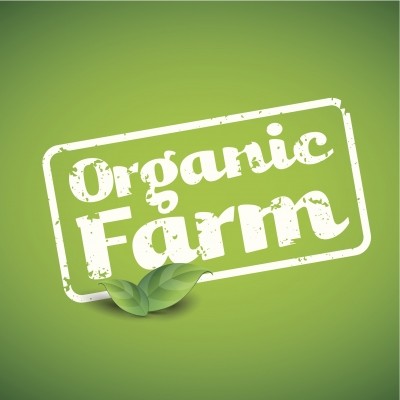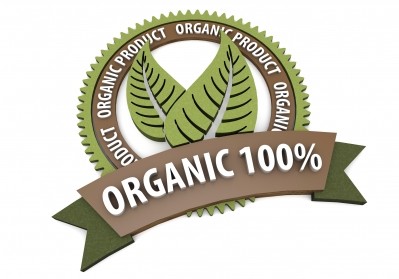Special Edition: Organic Feed
Capital released for US farmers transitioning to organic

The funding for the Organic Certification Cost Share Program (OCCSP) is being offered through the Commodity Credit Corporation and Farm Service Agency at the US Department of Agriculture. States had to apply for a portion of the $12.5m on offer per year for 2017 and 2018.
This is the first year that fee support is being offered for feed crop growers and other producers who are “transitioning,” or taking the multi-year steps needed to become a certified organic producer in the US, said Harriet Behar, senior organic specialist with the Midwest Organic and Sustainable Education Service (MOSES). Previously, the USDA offered the fiscal support only to certified organic producers.
“It’s for second and third year [transitioning producers], not first year,” she told FeedNavigator. Once producers have completed the first year of movement toward organic production, then they can ask to be certified, and, if approved, apply for for fiscal help to cover some of the fees involved in the certification process, she added.
As this is the first year for the program, it is hard to know how much of a difference it will make, she said. It may depend on the eventual market for products like meat, milk or eggs generated by animals fed on a diet made from transition feed.
“I don’t think the first year we should have a judgement on it,” she said. “It’s just getting up and going.”
Program details
To take part in the program for 2017, states had to apply for the funding by mid-February, said the USDA. The method to obtain state-level funding for 2018 has not yet been determined.
However, producers interested in getting funding from the OCCSP through their Farm Service Agency (FSA) can apply starting March 20, the department said. Applications also will be accepted from October 1, 2017 for the 2018 period.
The goal of the support program is to assist producers of agricultural products in gaining certification through the National Organic Program put in place by the Organic Food Production Act of 1990.
Authority for the program switched to the FSA in fiscal year 2017, said the USDA. This year also marks the first time that OCCSP will cover expenses related to transitional certification and state organic program fees, which add two categories or “scopes” for recognized by USDA organic regulation for independent inspection.
The process of adding a certification cost share for producers in transition adds another scope or category to program, said Behar. Previously, there were four scopes – livestock, crops, wild crops and handling.
The transitional certification is optional, and will be offered by some organic certifiers to those in the act of transitioning land to organic production, the USDA said.
Cost share payments can amount to up to 75% of the eligible costs generated by producers or up $750 per scope, the department said. They are set to be provided on a first come basis until all funds have been obligated.
The program was designed to cover expenses that include application fees, inspection fees, USDA organic certification costs, transitional certification costs, state organic program fees, user fees or sale assessments and postage, the department reported. However, it will not pay for consultant, membership or late fees; materials, supplies and equipment; costs related to another labeling program or non-USDA organic certification; or for inspections from violations of USDA organic regulations.
Transition support
The program is being promoted in two ways to transitioning producers, said Behar. These include using it as a pre-certification process to smooth later administrative efforts and as a way to build a buyer network.
“This give you a head start, so when you are finally certified you’re going to sail through,” she said. “You know the paperwork, all the documentation and you’ve got your equipment cleaning [procedure], because someone has already been to your farm to help you put that all in place.”
Additionally, obtaining a transition certification may offer producers more the opportunity to establish their sales network, she said.
“There are some buyers who want to start building up their supply,” she said. “This is a way to start working with people; [and] some of them will buy the transition [product] for the identity preserved or non-GMO market.”
Some buyers may even offer a small premium for products like feed grains grown during the transition phase to ensure supply later, Behar said.
“For the larger grain producers – they want to make sure everything is fine – this might be worthwhile to make that investment,” she said. “You don’t have to be certified both years, you could do it just the third year.”












